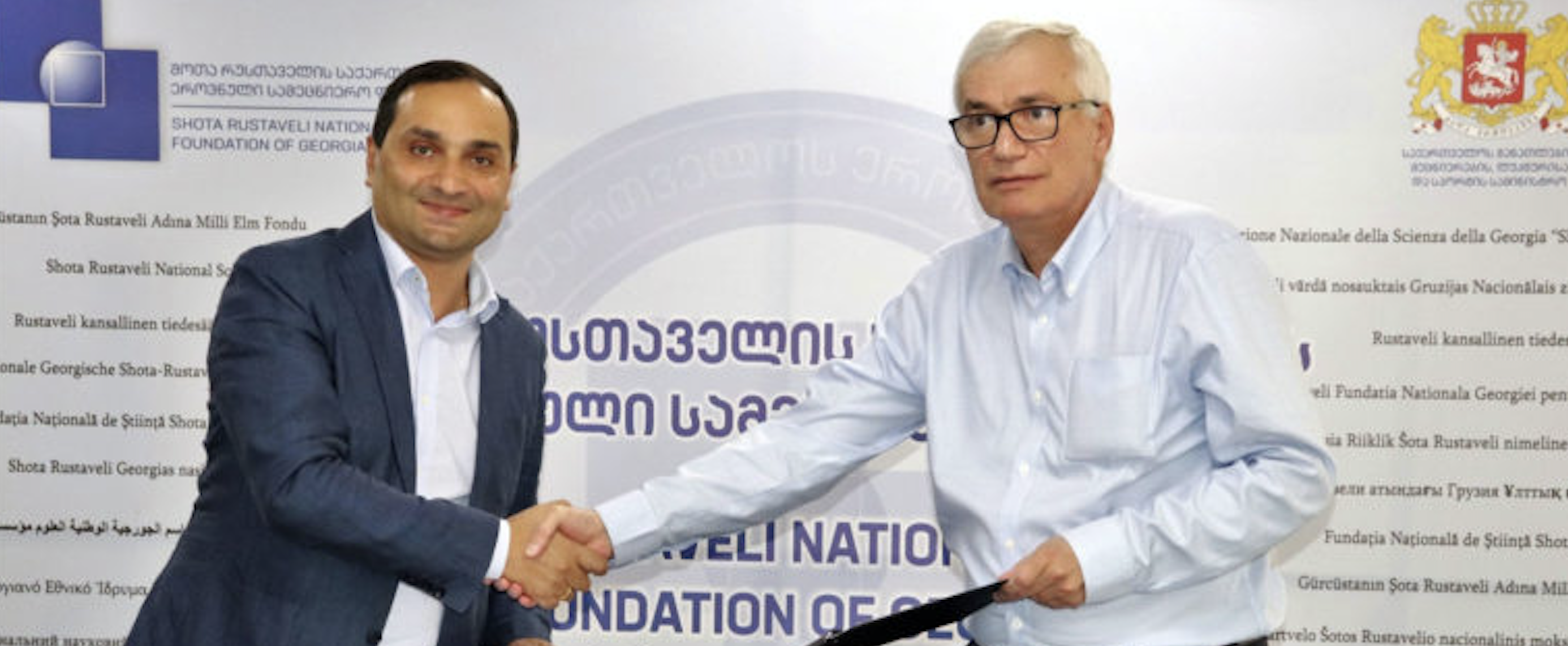According to a Memorandum of Cooperation between the Shota Rustaveli National Science Foundation of Georgia and the Georgian Research and Educational Networking Association GRENA, signed in August 2019, three projects funded by the foundation are now using GRENA cloud infrastructure. The first research and education cloud facility in Georgia was established with the support of the EU-funded EaPConnect project, and its integration in the European Open Science Cloud (EOSC) is in progress.
The three projects are devoted to weather forecasting and the investigation of climate change, which highly impacts Georgia’s economy, agriculture, energy, water supply and other areas.
The main objectives of the projects are the following:
- Develop a high resolution regional climate ensemble prediction system in order to obtain more detailed climate parameters temperature, precipitation, wind and humidity. Simulations have been performed for the period of 1961-2100.
- Develop a very short range forecasting system based on different types of meteorological observations, to improve understanding of atmospheric processes and forecast weather accurately.
- Predict extreme atmospheric phenomena (hail, heavy rain and thunderstorms) with good accuracy.
One of the projects began in 2018 and results of this study were used for climate assessment in the Georgian Fourth National Communication to the United Nations Framework Convention on Climate Change (UNFCCC). Based on this the impact was estimated of climate change on various ecosystems (glaciers, pastures, soils) and sectors (agriculture, health, energy, tourism), as well as on the dynamics of hydrometeorological and geological disasters.
Research teams from Tbilisi State University, the National Environmental Agency, and the Geoscience and Technology Developments Institute are implementing the above mentioned projects in tight cooperation with GRENA.



